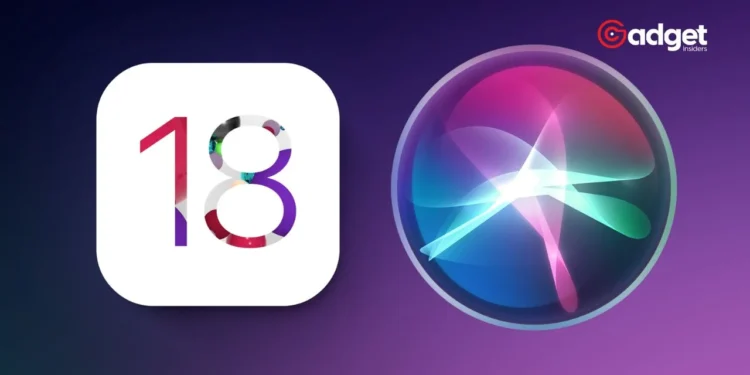Apple, the trendsetting titan of technology, is at the forefront of integrating artificial intelligence (AI) into our daily lives with its latest announcement that could dramatically transform the way we interact with our devices.
The tech giant has unveiled eight innovative AI models, signaling a significant shift toward on-device processing, which may be central to the upcoming iOS 18.

A New Frontier in AI Development
These AI advancements, termed OpenELMs (Open-source Efficient Language Models), are a major step forward. Apple’s move to make these models open-source is a rare but strategic deviation from its usual proprietary stance.
Available on the Hugging Face Hub, these models are part of the company’s broader vision to “empower and enrich” public AI research, making sophisticated tools accessible to a wider community of developers.
The OpenELMs comprise four models pre-trained on CoreNet, a comprehensive data library for AI language models and four that have been specifically ‘instruction-tuned’ by the tech giant. This fine-tuning allows the models to respond more effectively to specific prompts, enhancing their utility and precision.

Why On-device AI Matters
The shift to on-device AI processing is not just a technical detail but a transformative approach that offers numerous benefits:
- Privacy and Security: By processing data locally, on-device AI minimizes the risk of personal data being exposed in the cloud.
- Speed and Reliability: Local processing can lead to faster response times, as data does not need to be sent to a remote server.
- Functionality Offline: On-device AI can function without internet connectivity, providing reliable performance anywhere.
The Implications for iOS 18 and Beyond
With the introduction of these models, Apple is not only setting the stage for an enhanced iOS 18 but also potentially revolutionizing future macOS versions. The existing AI capabilities in Apple devices, powered by the Apple Neural Engine in A- and M-series chips, already support popular features like Face ID and Animoji.
The upcoming M4 chips promise even more robust AI functionalities, indicating that the company is gearing up for a future where AI is deeply embedded in the user experience. Moreover, Apple’s strategy of releasing these tools to the public could accelerate improvements and innovations, as developers outside the company contribute to refining the technology.
This collaboration could be crucial for the brand as it seeks to maintain its competitive edge against rivals like Google and Qualcomm, who are also aggressively pursuing AI enhancements in their devices.
Apple Could Make Some AI Features Run On The iPhone With iOS 18: Here’s What It Means#Apple #AI #Tech https://t.co/qfZTrLqd9F
— News18.com (@news18dotcom) April 16, 2024
Looking Ahead: The Role of AI in Apple’s Ecosystem
As we look toward the future, the integration of AI in iOS 18 and macOS 15 seems poised to introduce unique and intelligent features that could redefine user interactions.
Apple’s commitment to both developing and democratizing AI technology not only fosters a richer ecosystem of applications but also ensures that Apple devices continue to offer cutting-edge, personalized experiences that users have come to expect.
In an era where AI is becoming a cornerstone of technological advancement, Apple’s latest move with iOS 18 is a clear indicator that the future of tech will not just be powered by AI but also shaped by the needs and security of the user.
Whether through enhancing everyday tasks or unlocking new capabilities, Apple’s embrace of on-device AI is a game-changer, promising a smarter, more responsive digital experience that respects user privacy and fosters innovation.
Stay tuned for more updates as we continue to follow the developments in Apple’s AI journey, ensuring you remain at the forefront of technological innovations that are shaping the world.










